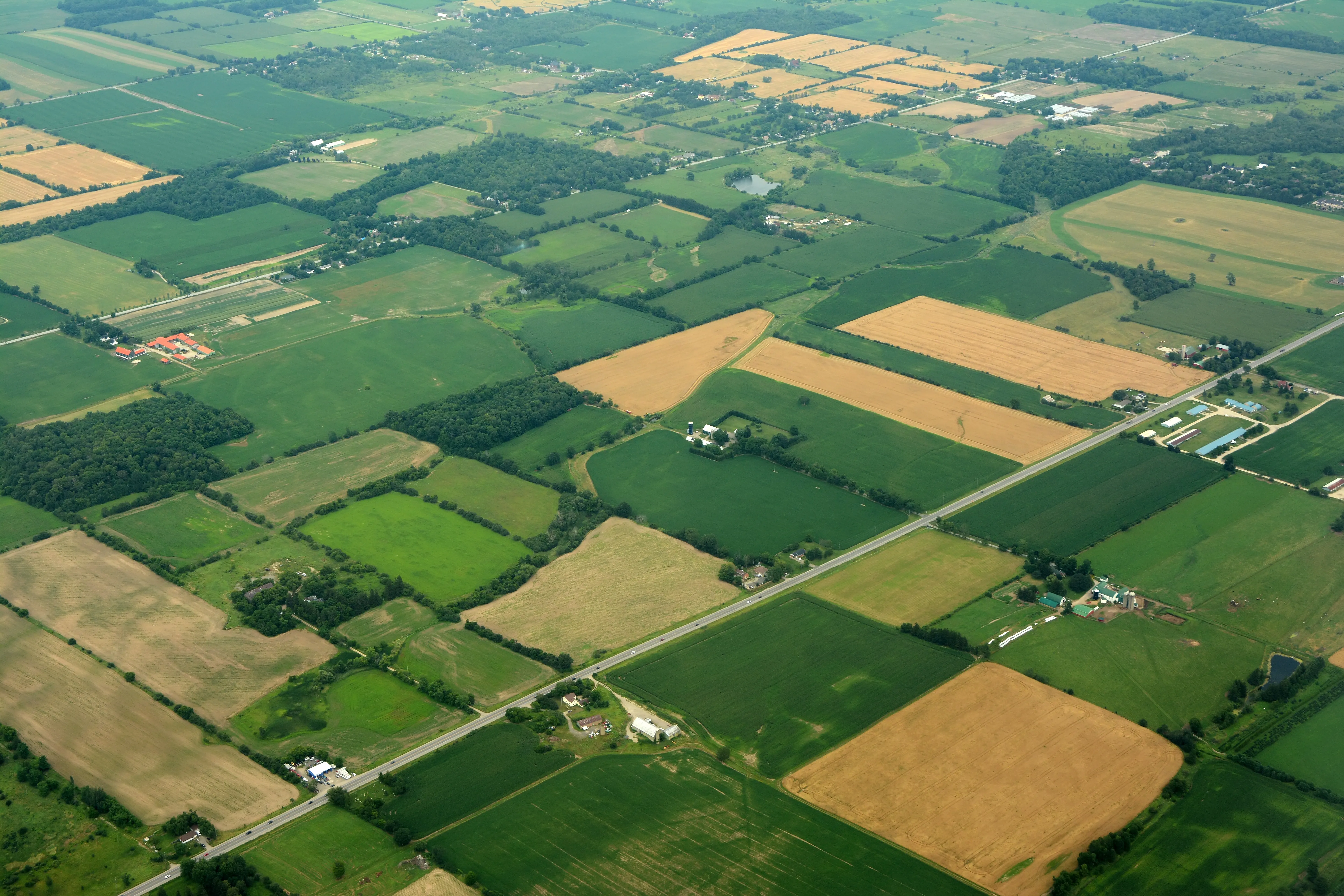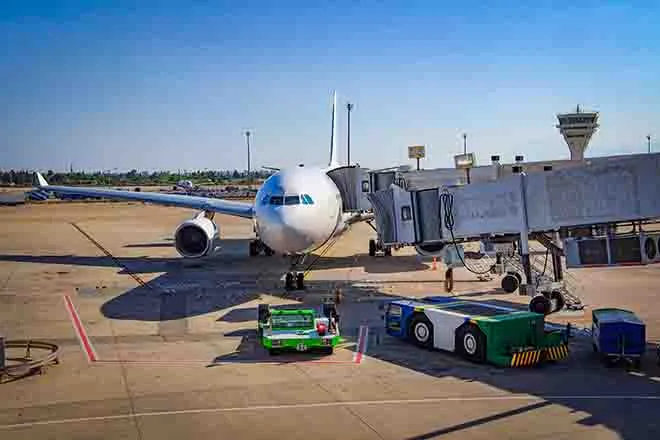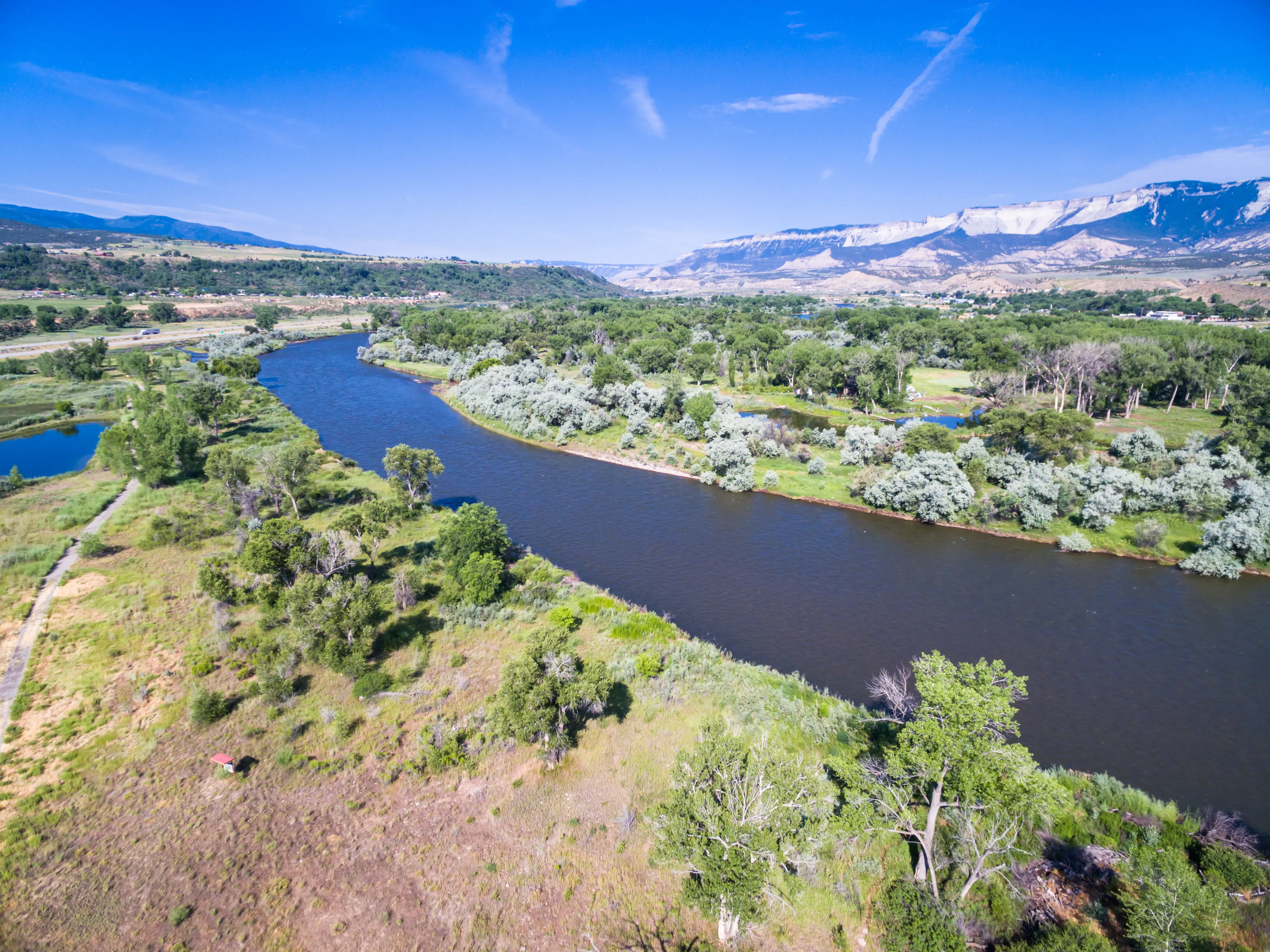
Daily Audio Newscast Afternoon Update - May 20, 2025
© INDU BACHKHETI - iStock-1336427297
News from around the nation.
Rep. LaMonica McIver charged by DOJ over incident with ICE agents; WA to see more prescribed burns thanks to new liability fund; Medical copays lock out incarcerated people from health care in NC prisons; Slaughterhouse line speeds raise concerns in GA over worker safety.
Transcript
The Public News Service Tuesday afternoon update.
I'm Mike Clifford.
New Jersey Representative LaMonica McIver was charged Monday for allegedly assaulting law enforcement officers outside an ICE detention facility earlier this month.
That from ABC News.
They report the acting U.S. Attorney Alina Haba announced she was charging the Congresswoman with assaulting and impeding a law enforcement officer.
But Kiver alleged in a statement the decision was politically motivated.
She added the charges distort my actions and are meant to criminalize and deter legislative oversight.
Meantime, medical co-pays in prison could be keeping people who are incarcerated from seeking the care that they need.
A recent review from the Prison Policy Initiative found that in 16 states, the cost of a medical visit is more than incarcerated people typically earn for a week of work, including in North Carolina.
Bertram with the organization says the copays may seem modest, often $5 as in the case of North Carolina, but that's a far less manageable amount for people behind bars.
If you are sick and you want to go to the doctor, you're going to have to work for hours and hours to afford this $5 copay.
Never mind that many people who are sick are probably not able to work or find that to be a serious hardship on them.
Prison systems, including the North Carolina Department of Adult Correction, say the purpose of the copay is to prevent abuse of the health care system within facilities.
I'm Eric Tegethoff reporting.
And as demand for meat continues to rise production lines moving faster than ever Georgia is no exception.
At plants processing speeds are climbing as high as 140 birds per minute.
Ryan Nebaker with the nonprofit Food Prince says that increase has ripple effects for workers animals and consumers.
He explains that these faster line speeds are not just a technical detail but a matter of safety and ethics.
Slaughter is never a fun process for an animal, even with the best case scenario and when it's being done at scale in a meatpacking plant, you have these steps that are supposed to stun the animals before they are killed.
Nebuchadnezzar explains that when the line speeds up, both animals and workers can be harmed and poultry processing.
For example, birds may be shackled too quickly, causing injuries or missing stunning devices and sometimes ending up in boiling water alive.
Shantia Hudson reporting.
This story was produced with original reporting from Ryan Nebaker for Foodprint.
And Washington lawmakers have created a new prescribed burn liability fund that will make control burns less risky on public, private and tribal lands.
Cody Dusitel, executive director of the Coville tribe, helped write the bill to create the fund.
He says although there is a risk, data from the Forest Service shows control burns are very safe. they pull off 99.84 percent of their burns within prescription, within the planned footprint.
So the risk of it is really low, but for the rare occurrences you see it, the cost can be fairly high.
Advocates say these low intensity fires are the best way to reduce wildfire severity, but fears of runaway fires have limited their use.
This is public news service.
The Republican controlled House of Representatives hashing out last minute details of a huge funding bill that could come to a floor vote week, advocates warned that proposed Medicaid cuts could force layoffs or closure of rural hospitals.
The Trump administration is looking for savings to fund his tax cuts which primarily benefit the wealthy.
Joan Onker with the Georgetown University Center for Children and Families says rural hospitals are often the only maternity ward for hundreds of miles.
It doesn't matter who their health insurer.
If they have private insurance, employer insurance but there's no facility, then they can't safely give birth.
And that's why these issues are so consequential.
In order to cut the cost of Medicaid, known as Medi-Cal in the Golden State, Republicans are considering drastic cuts to states like California that fund health care for low-income undocumented immigrants.
I'm Suzanne Potter.
Next, in January, the Trump administration ended funding for most of the Feed the Future Innovation Labs, which promoted food security and establish new commercial markets in developing countries.
Anchored in 17 U.S. universities, the labs were funded by USAID and in turn funded international research partners in 20 countries, developing climate-resilient crop varieties including sorghum, peanuts, and chickpeas, among others.
The Soybean Innovation Lab at the University of Illinois was part of the program, and Director Peter Goldsmith says addressing poverty and malnutrition overseas reduces the need for for military interventions and costly diplomacy.
When countries are able to operate and thrive by themselves, not only are they more stable and so forth, but as theory has turned into practice, we know from Asia that they turn into trading partners, especially for food.
Feed the Future reported alleviating hunger for over 5 million families, lifting 5.7 million people out of poverty and deploying over 1,000 agricultural innovations.
This story is based on original reporting by Gray Moran at Sentient.
Brett Pivito reporting.
Finally, a recent National Wildlife Federation poll shows Pennsylvania farmers and ranchers benefit from voluntary conservation programs from the U.S. Department of Agriculture.
More on that now from our Daniel Smith.
75 percent would like to see the programs expand.
The Federation's Aviva Glacier says Pennsylvania farmers and ranchers are using the funding to adopt good conservation practices on their farms.
Practices like cover crops or grazing management or it could be a conservation easement.
It could be putting in a buffer strip.
There's a lot of different practices that fall into that voluntary agriculture conservation funding.
The poll reveals 79 percent of Pennsylvania producers support increased conservation funding.
This is Mike Clifford for Public News Service, member and listener supported.
Find our trust indicators at publicnewsservice.org

















